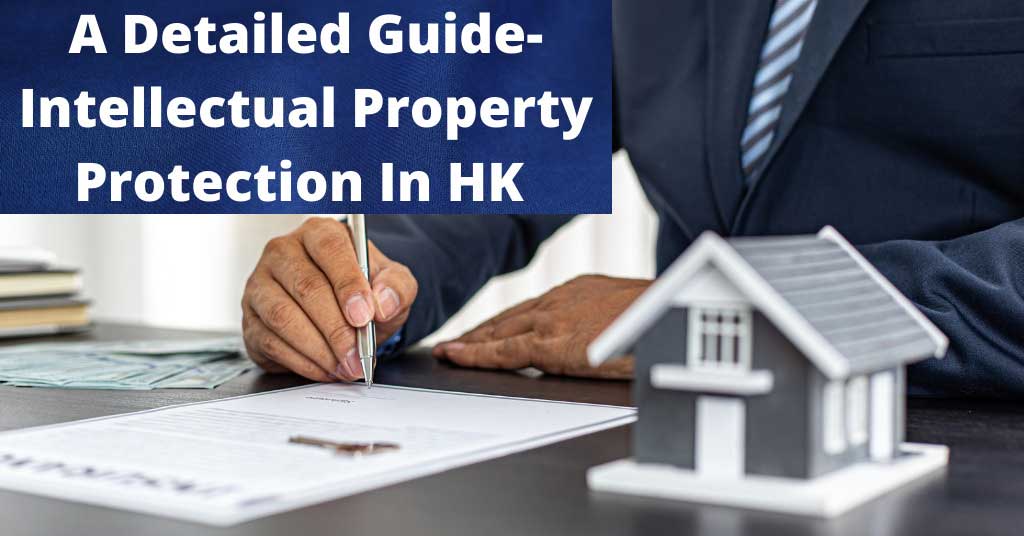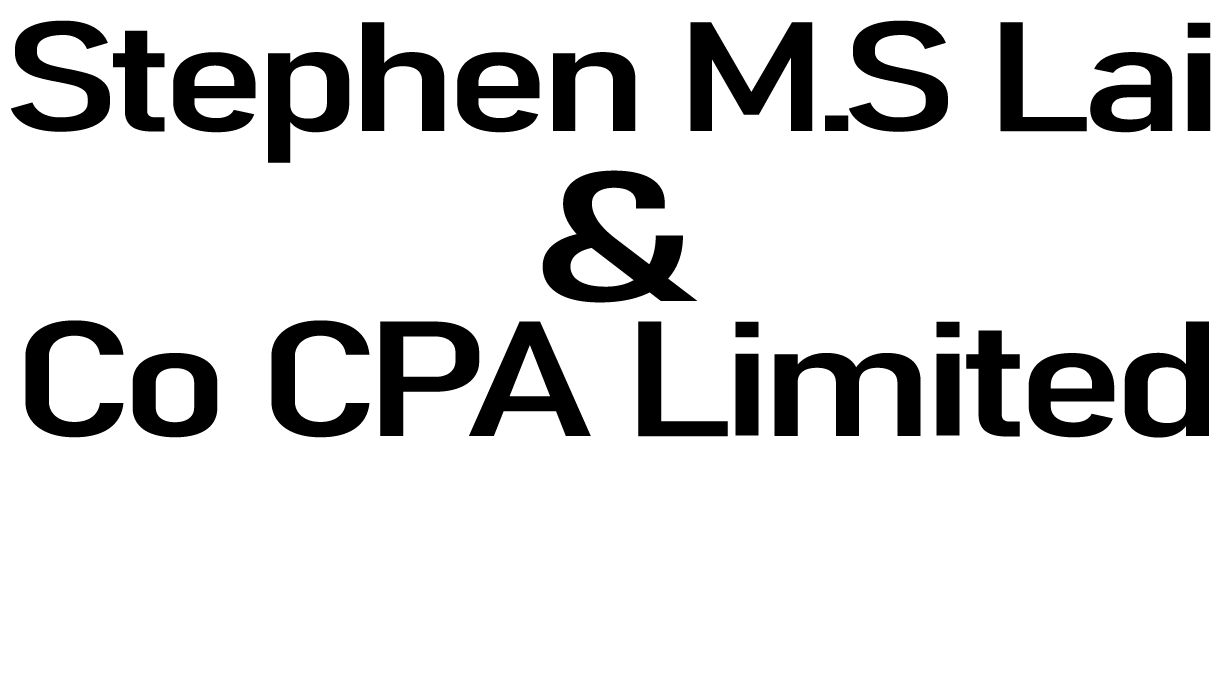
Intellectual Property Protection In HK - Detailed Guide
Table of Contents
Hong Kong, which served as an entrepôt during its colonial history, has maintained its key position as an Asian economic center and a gateway to China.
The uncertainties surrounding the 1997 handover have largely been removed with constant reinforcement of the “one-country, two-systems” principle, which continues until 2047. While its long-term future may be uncertain, Hong Kong continues to have one of the most stable, effective, and certain legal systems in the world.
Hong Kong is strategically vital for all IP owners, with over 250 million tonnes of goods moving through it each year and its closeness to China’s Pearl River Delta, one of the world’s worst intellectual property (IP) pirate and counterfeiting hotspots.
Under the “one-country, two-systems” approach, Hong Kong’s constitution, the “Basic Law,” expressly states that Hong Kong should adopt appropriate policies and provide legal protection for intellectual property rights.
As a result, despite being a part of China, Hong Kong and China have distinct legal systems. Intellectual property rights registered in Hong Kong are not automatically protected in mainland China, and vice versa.
What is Intellectual property?
Intellectual property is a broad term for collecting intangible assets held and legally protected by a firm or individual from unauthorized use or application. An intangible asset is a non-physical asset owned by a firm or individual.
Intellectual property is commonly given to a group of separate intangible property rights. These include trademarks, patents, copyright, designs, plant varieties, and the layout design of integrated circuits.
The concept of intellectual property refers to the idea that certain products of human intellect should be protected in the same way that physical property, also known as tangible assets, is. The majority of industrialized economies have legal safeguards to protect both types of property.
Because intellectual property is so valuable in today’s increasingly knowledge-based economy, businesses are meticulous in recognizing and preserving it. Furthermore, creating valuable intellectual property necessitates significant investments in both brainpower and skilled labor time.
It leads to significant investments by companies and individuals that others should not access with no rights. Extracting value from intellectual property and preventing others from doing so is a binding obligation for any business. Intellectual property can come in a variety of forms.
Although an intangible asset, intellectual property can be significantly more valuable than a company’s physical assets. Intellectual property can provide a competitive edge, so it is aggressively guarded and defended by the companies who control it.
If you prove the actual infringement, the infringer will be fined and be prohibited from further infringing activities. If the infringer continues to engage in unlawful activities, the matter can go to Court, as outlined below. However, this administrative remedy is not available in Hong KongTypes of Intellectual property.
Intellectual property can include a variety of intangibles, some of which are described below.
Trademarks
A trademark is a recognizable symbol, phrase, or emblem identifying a product and legally distinguishing it from other items. A trademark is assigned to a firm exclusively, which means that the company owns the trademark and no one else may use or reproduce it.
A trademark is frequently linked to a company’s brand. The Coca-Cola Company, for example, owns the logo and brand name “Coca Cola” (KO).
Trademark registration in Hong Kong grants you the registrant exclusive rights and protects you from being misused by others through the following channels:
1. Through the use of identical trademarks on similar goods and services.
2. Use the same logo for goods or services where there is a risk of misinterpretation
3. If the use of an identical mark takes undue advantage of the registrant’s mark’s reputation.
CopyRights
Authors and creators of original material have the sole right to use, copy, or replicate their work under copyright. Authors of books, as well as musicians, have copyrighted works. Copyright also specifies that the original creators can offer anyone permission to utilize the work through a licensing agreement.
You can easily generate your company’s copyrights by simply documenting your ideas in video, drawings, pictures, or voices. In truth, copyrights come into play when an authorized individual creates some work, and it also includes the right to distribute, perform, and reproduce the copyrighted work publicly.
It is important to add the notice of copyright to work and set out the logo of “©” for the copyright owner’s name with the date of publication. As a result, this notice will help you establish your control in the infringement proceeding events and assist you by giving the warning notice when someone is trying to copy your ideas.
Patents
A patent is a property right issued to an investor by a government body such as the United States Patent and Trademark Office. The patent gives the inventor exclusive rights to their creation, which could be a design, procedure, improvement, or physical invention such as the machine.
Patents for designs are frequently held by technology and software companies. For example, Steve Jobs and three other Apple Inc. colleagues filed the patent for the personal computer in 1980.
Now that you understand the notion of a patent and the advantages of acquiring one in Hong Kong, the next step is to figure out how to get one.
The Hong Kong Patents Ordinance governs patent law in Hong Kong, and there is no substantive examination. The entire process normally takes three to five years. The privilege of a standard patent is based on the registration of a license, which is permitted by one of Hong Kong’s three “designated patent offices.”
- The European Patent Office and Trademark Office
- The People’s Republic of China’s State Intellectual Property Office (PRC).
- United Kingdom patent office.
In Hong Kong, there are two sorts of patents available for inventions: “standard patents” and “short-term patents.” The short-term patent is faster and easier to get.
To have these rights, the applicant has to reveal his creativity to the public through the patents registry to support further inventiveness in the business. In Hong Kong, patents are granted to the person who has applied rather than created the design.
Franchises
A franchise is a license that a company, individual, or party–referred to as the franchisee–purchases to utilize the name, trademark, intellectual knowledge, and methods of another company–the franchisor.
A small company owner or entrepreneur often operates a store or franchise. The franchisee is authorized to sell a product or deliver a service in the company’s name.
The franchisee pays the franchisor a start-up fee and continuing license fees. United Parcel Service and McDonald’s Corporation are two corporations that use the franchise business model.
Trade Secrets
A trade secret is a corporation’s procedure or practice that is not public knowledge and gives an economic benefit or advantage to the company or trade secret holder.
Trade secrets, which are often the outcome of a firm’s research and development, must be actively protected by the company.
A design, pattern, recipe, formula, or proprietary procedure are all examples of trade secrets. Trade secrets are used to develop a business strategy that differentiates the company’s products from its clients while also delivering a competitive edge.
Intellectual property rights protection in HK
Commitment
The Hong Kong Special Administrative Region (SAR) Government places a high value on the economic impact of intellectual property creation.
We have been part of an ongoing endeavor to ensure that Hong Kong residents and overseas investors in the Hong Kong SAR enjoy intellectual property protection equal to, if not better than, any other economy in the world.
Basic law and Intellectual property rights
Recognizing the importance of intellectual property protection, Articles 139 and 140 of the Hong Kong SAR’s mini-constitution, the Basic Law, clearly provide that the Hong Kong SAR should develop suitable policies and provide legal protection for intellectual property rights on its own.
In light of this, we have created a new body of intellectual property law that aspires to meet the highest international standards and position the Hong Kong SAR at the forefront of intellectual property development and protection.
The Department
On July 2, 1990, the Government formed the Intellectual Property Department to emphasize its commitment to intellectual property protection. The Intellectual Property Department advises the Secretary for Commerce and Economic Development on intellectual property policies and legislation in Hong Kong. The department is also responsible for running the Hong Kong SAR’s Trade Marks, Patents, Registered Designs, and Copyright Licensing Bodies Registries and promoting intellectual property protection through public education.
Customs and Excise department
The Customs and Excise Department is in charge of enforcing the criminal aspects of intellectual property rights infringement. It looks into complaints about violations of trademarks and copyright and complaints against deceptive trade descriptions.
The agency has broad search and seizure capabilities and collaborates with overseas enforcement authorities and owners of trademarks and copyright in a concerted effort to prevent intellectual property rights infringement. The department has garnered numerous accolades for its efforts from both public and private entities.
Enforcement Options
Holders of intellectual property right in Hong Kong and China have many alternatives for enforcing their rights. The available remedies in both jurisdictions are comparable. They are as follows:
To assert their rights, intellectual property owners may use administrative processes. These proceedings are typically speedier and less susceptible to local influence.
Administrative actions include submitting a complaint with preliminary infringement proof to the local Administration of Market Regulation (“MR” and the China National Intellectual Property Administration (“NIPA,” which oversees trademark and patent registration and examination. The CNIPA then gives instructions for local administrative enforcement, which the AMR will then carry out.
If genuine infringement is proven, the infringer will be penalized and barred from further infringing activity. If the infringement continues to engage in illegal activity, take the case to Court. However, this administrative remedy is not available in Hong Kong.
Civil remedies are available in both jurisdictions through local courts. Within the PPeople’sCourts, in all major Chinese cities, there are specific Intellectual Property Chambers that are experienced in addressing IP cases. In addition, even though it is no longer binding since the transfer in 1997, Hong Kong courts frequently follow UK court decisions in IP cases.
Conclusion
In truth, intellectual property benefits both parties because it is critical for the act of preserving your IP. Still, you should ensure that you do not infringe the IP held by another corporate entity. In Hong Kong, there is no registration process for copyright, but domain names, trademarks, designs, and patents must be registered to reap the full benefits.
It would help if you thought about doing business in Hong Kong because it is one of the top 20 countries to provide a superior services platform for various commercial entities. If you are ready to start a business in Hong Kong, this blog can help you register and get started.
